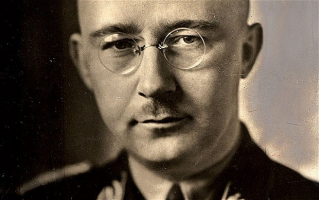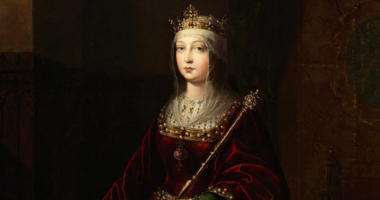Top 7 Interesting Facts about Hideki Tojo
Hideki Tojo, who served as Japan's prime minister during World War II, is best known for having approved the infamous Japanese attack on Pearl Harbor, which ... read more...brought the United States into the conflict and arguably changed the course of modern history. He was a fervent supporter of Japan's rise to global supremacy, which impacted his brazen military choices. Let’s have a look at this intriguing historical figure through some interesting facts about Hideki Tojo.
-
The third child of Hidenori Tojo, a lieutenant general in the Imperial Japanese Army, Hideki Tojo was born on December 30, 1884[6] in Tokyo's Kjimachi neighborhood. Japanese society was strictly separated under the bakufu into four castes: merchants, artisans, peasants, and samurai. The caste system was abolished in 1871 following the Meiji Restoration, but caste distinctions remained to exist in many ways afterwards, ensuring that members of the former samurai caste continued to enjoy their customary privilege.
The Tojo family belonged to the samurai caste, despite the fact that they were merely warrior retainers for the powerful daimys (lords) they had long since served. Hideki Tojo's mother was the daughter of a Buddhist priest, while his father was a former samurai who later joined the Army. One of the interesting facts about Hideki Tojo is despite being from a very humble background, Hideki Tojo's family was quite renowned.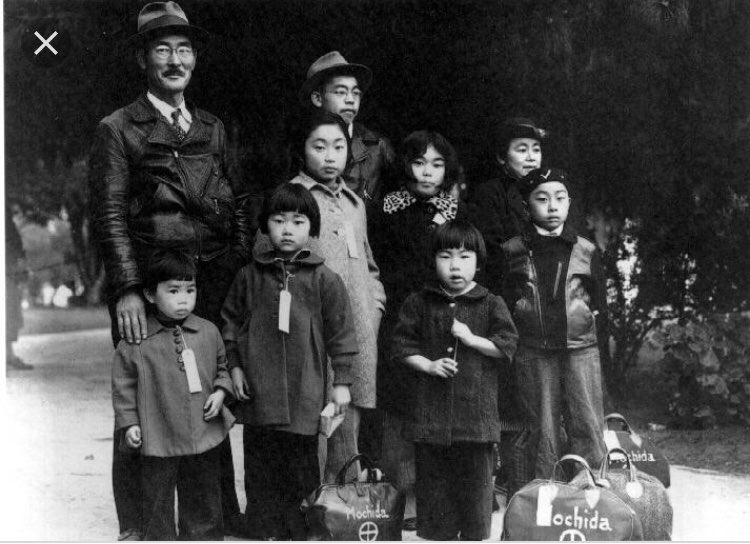
Photo: Hideki Tojo's family - twitter 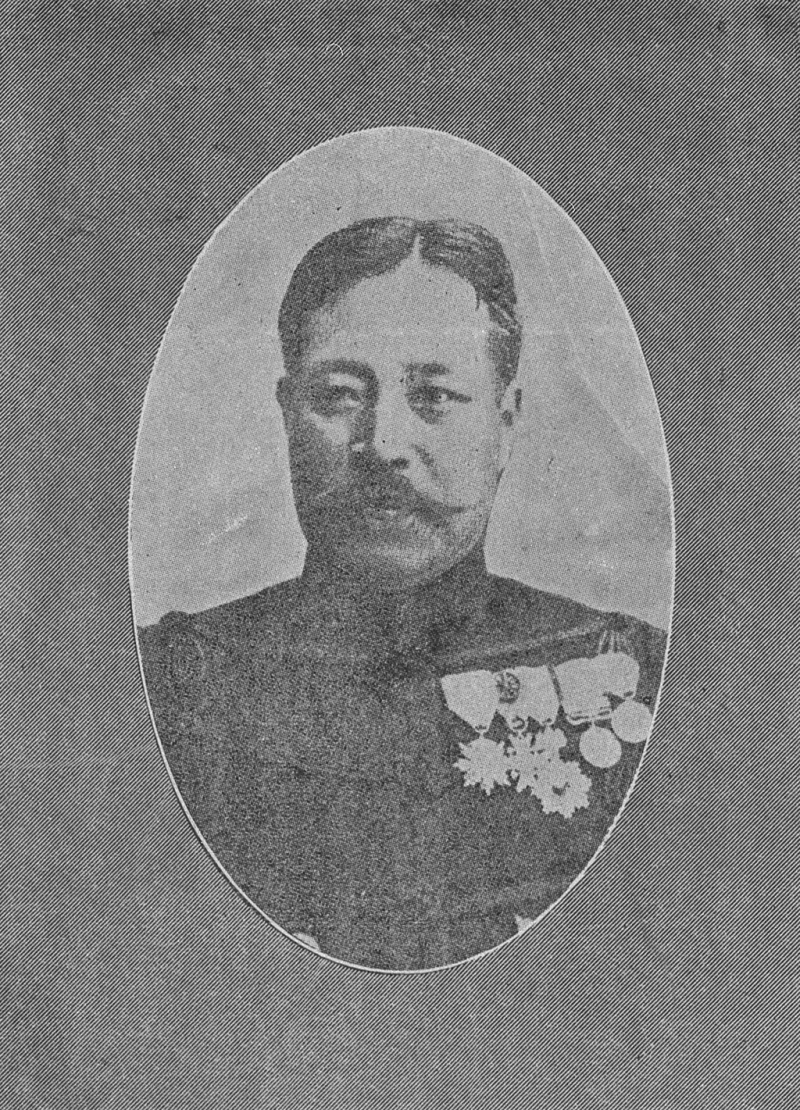
Photo: Hideki Tojo's father - ndl.go.jp -
Hideki received an education resembling that of other Meiji-era Japanese youth. The Meiji educational system was designed to prepare the boys to serve in the military as adults. Students in Japan were incessantly taught that fighting was the most beautiful thing in the world, that the Emperor was a living god, and that the highest honor for a Japanese man was to die for the Emperor. Japanese girls were taught that having numerous sons who could die in battle for the Emperor was the ultimate form of honor for a woman.
When he was a young boy, Tojo was infamous for his obstinacy, lack of humor, opinionated nature, propensity for picking confrontations with other boys, and dogged pursuit of his goals. There was no tradition of showing sympathy for failure in Meiji-era Japanese schools, which were extremely competitive. Students who failed were frequently humiliated by the teachers. People who knew him when he was younger thought he was not a particularly intelligent student. He was known to make up for his seeming lack of intelligence, though, by being prepared to work very hard. The shogun Tokugawa Ieyasu of the 17th century, who issued the proverb “Avoid the things you like, concentrate your attention on difficult duties,” was Tojo's childhood hero. Tojo enjoyed saying: “I'm just a regular guy without any special abilities. I credit my ability to work hard and never give up for everything I've accomplished”. Tojo enlisted at the Army Cadet School in 1899.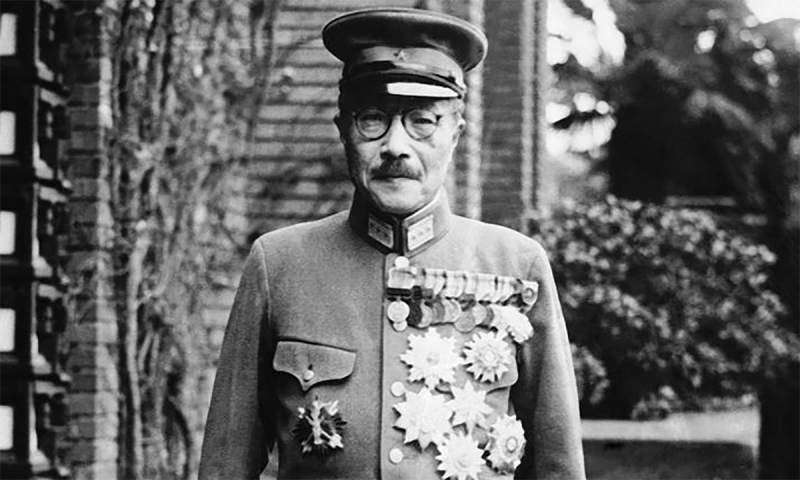
Photo: Hideki Tojo - vnexpress 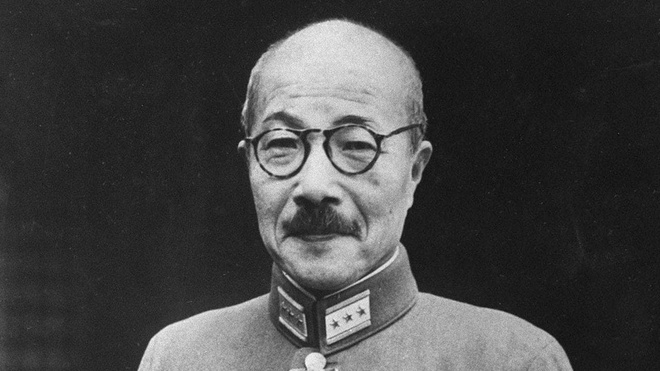
Photo: Hideki Tojo - thanhnien -
He received his commission as a second lieutenant in the IJA infantry in March 1902 after graduating from the Japanese Military Academy in 10th place out of 363 students. As a member of the Japanese expeditionary army dispatched to engage in the Russian Civil War in 1918–19, Tojo served for a brief while in Siberia. Between 1919 and 1922, Tojo was the Japanese military attaché to Germany.
Tojo boasted that his only pastime was working on his own projects. He would bring work home with him and continue working late into the night with little regard for friends or family. Despite having three sons and four daughters, he never participated in their upbringing, since he saw them as a woman's responsibility and a distraction. Tojo was a harsh, humorless guy, known for his coldness, etiquette fixation, and abrupt demeanor.
Tojo, like nearly all other Japanese officers at the time, would frequently slap the faces of the men he was in charge of when giving orders, claiming that it was a “means of training” for those men whose families did not belong to the samurai caste and for whom Bushido was not ingrained in their nature.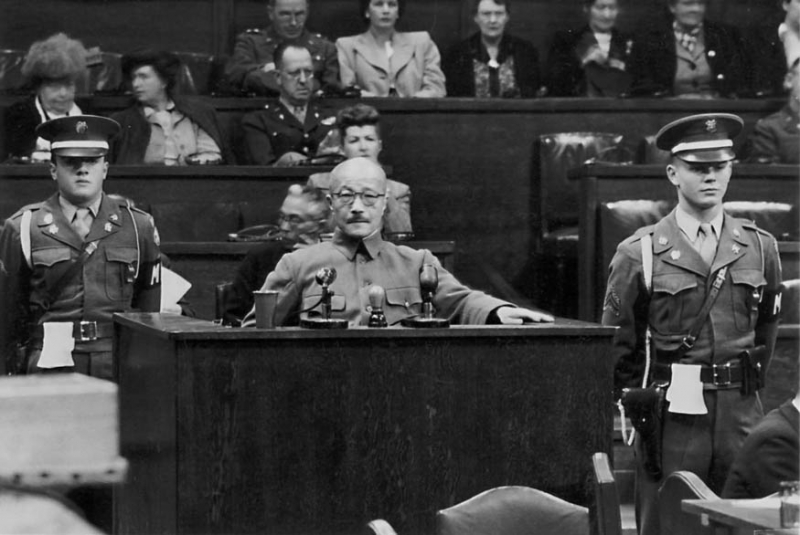
Photo: Hidejo Tojo - commons.wikimedia 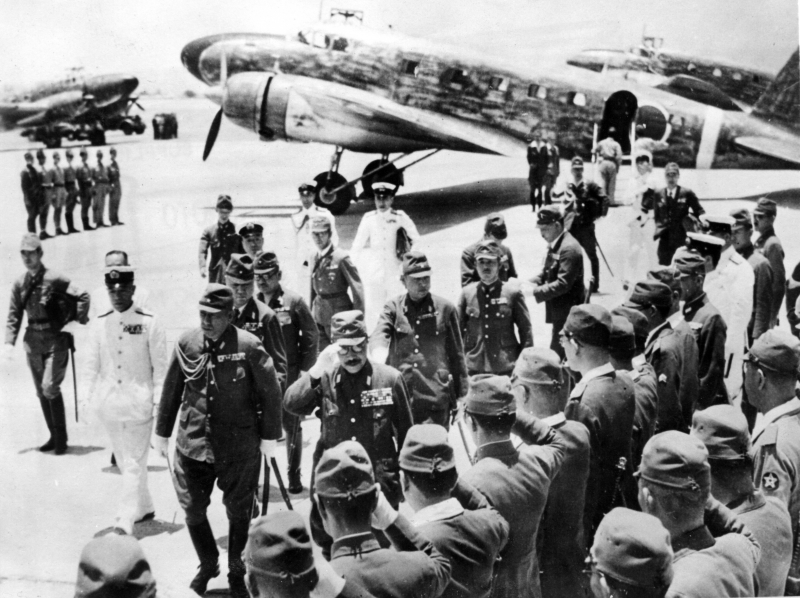
Photo: Hidejo Tojo - commons.wikimedia -
He was the Japanese Army's bureau chief by 1928, and he soon received a promotion to colonel. During his tenure as commander of the 8th Infantry Regiment, he developed an interest in militarist politics. Tojo instructed his officers to act as both a “father” and a “mother” to the troops they were in charge of, using language typical of Japan to characterize those in positions of authority. Tojo frequently paid visits to the personnel under his command's residences, helped them with personal issues, and provided loans to officers who needed them.
Hideki Tojo, like many other Japanese officers, despised any Western cultural impact on Japan, particularly more liberal views like engaging in public displays of affection. He perceived this as “Western decadence” causing the ero-guro-nansensu movement (which stands for “eroticism, grotesquerie, and nonsense”). He believed that Western influence eroded the traditional principles needed to uphold order and Japan's sense of national identity.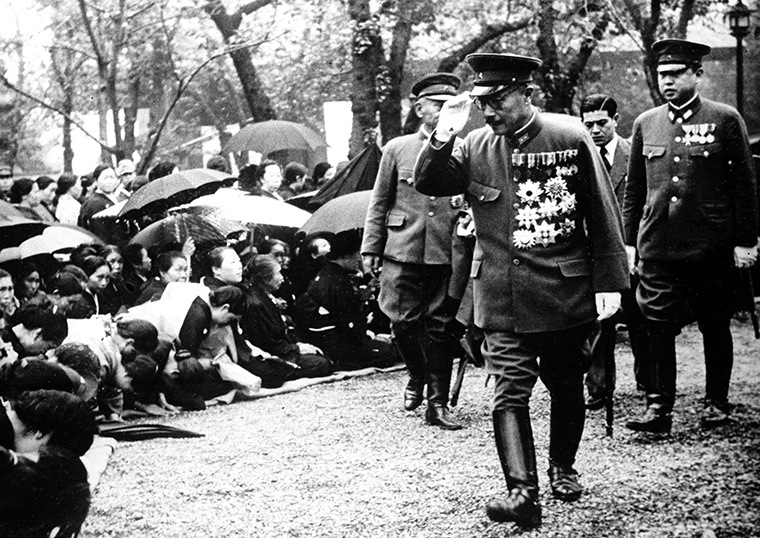
Photo: staradvertiser 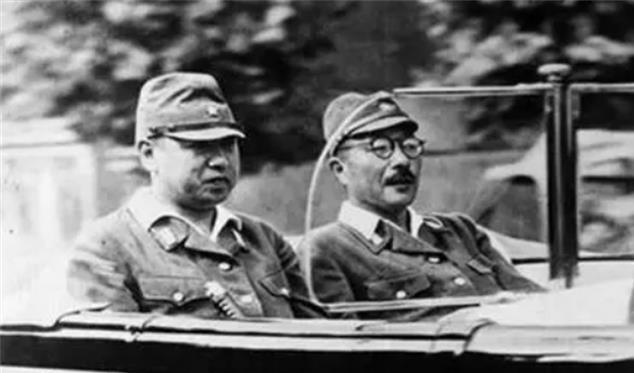
Photo: laitimes -
On December 8, 1941, Tojo appeared on Japanese radio to declare that Japan had entered into war with the United States, the British Empire, and the Netherlands. He did this by reading from an Imperial Rescript, which was followed by the playing of the popular martial song Umi Yukaba (Across the Sea), which set to music a well-known war poem from the classic collection Manysh, with the lyrics “Across the sea, corpses soaking in the water, Across the mountains corpses, heaped up in”. From October 17, 1941, until July 22, 1944, Tojo served as prime minister while continuing to serve as army minister. One of the interesting facts about Hideki Tojo is beside a primer minister, he concurrently held the positions of home minister from 1941 to 1942, foreign minister beginning in September 1942, minister of education beginning in 1943, and minister of commerce and industry beginning in 1943.
He continued to indoctrinate the national school system with militarism and nationalism while serving as minister of education, reinforcing dictatorial government objectives. He implemented several eugenics policies while Home Minister, including sterilizing those who were deemed “mentally unfit”.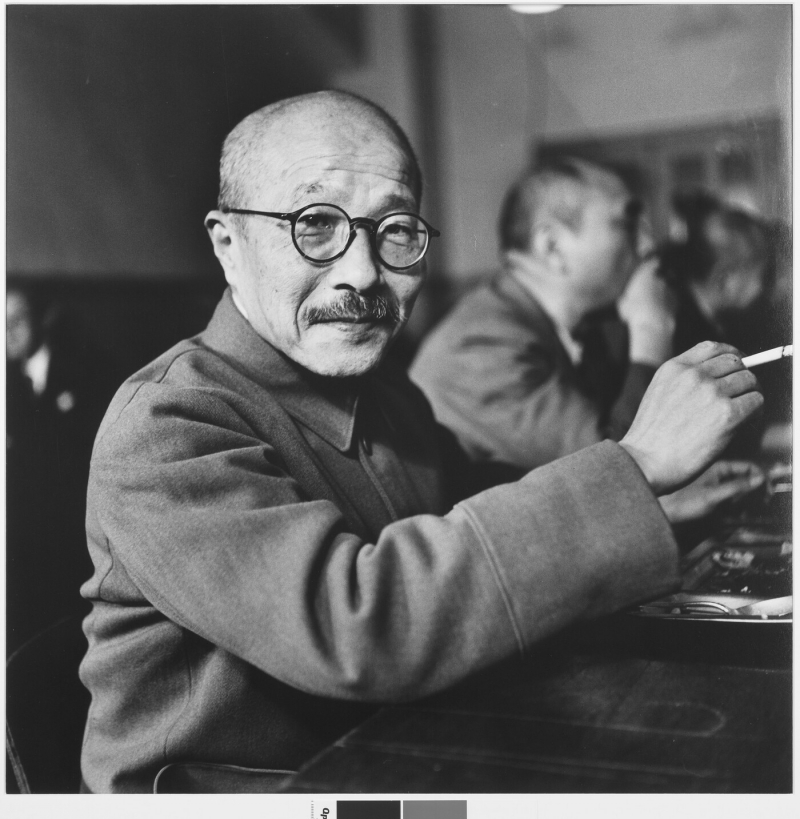
Photo: Hideki Tojo - cartermuseum 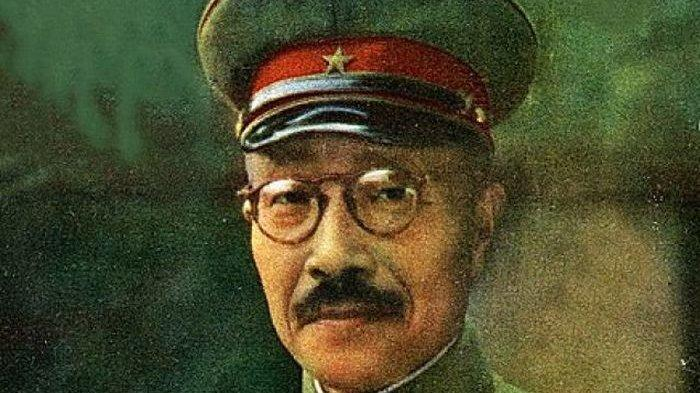
Photo: Hideki Tojo - medan.tribunnews -
As the Japanese continued to win, Tojo and the rest of the Japanese elite were afflicted with what the Japanese referred to as “victory disease” believing Japan was invincible and the war was already effectively over. By May 1942, Tojo had given his approval to a list of “non-negotiable” demands that would be made if the Allies filed a request for peace, allowing Japan to maintain what it had previously captured while gaining control of a significant amount more. With such demands, Japan would take over sovereignty over the following areas:
- The American state of Washington and the American territories of Alaska and Hawaii;
- The British Crown colonies of India and Honduras; the British dominions of Australia, Australian New Guinea, Ceylon, New Zealand, British Columbia, and the Yukon Territory;
- The majority of Latin America, including El Salvador, Guatemala, Nicaragua, Costa Rica, Cuba, Jamaica, Haiti, and the rest of the West Indies;
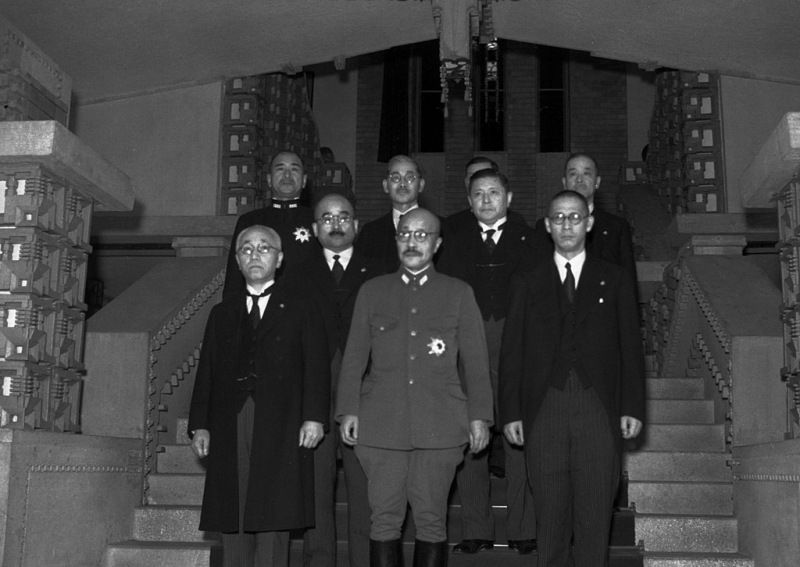
Photo: Cabinet of Hideki Tojo - commons.wikimedia 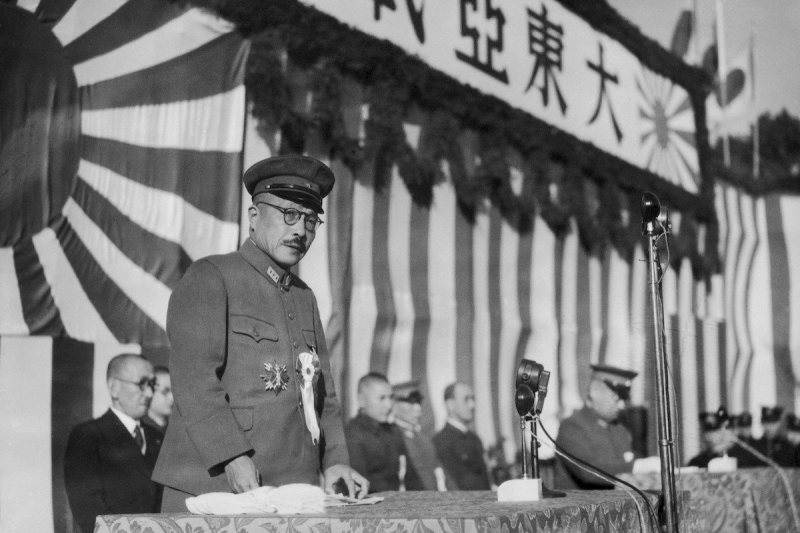
Photo: Hideki Tojo - baotintuc -
US General Douglas MacArthur ordered the detention of forty alleged war criminals, including Tojo, following Japan's surrender. Tojo was now in his home, surrounded by American soldiers, and had resigned as prime minister. He shot himself in the chest to avoid being apprehended, but he missed his heart; as a result, he was saved and transported to prison.
Tojo was transferred to Sugamo Prison after he had healed from his wounds. While there, an American dentist made him a new set of dentures that had the words “Remember Pearl Harbor” covertly drilled into them in Morse code. Three months later, the dentist crushed the message away.
Because of this, the US Army later sent medical staff to arrest further Japanese war criminals, who were anticipated to attempt suicide as a final gesture of honor.
When Tojo was tried for war crimes by the International Military Tribunal for the Far East, he was found guilty of waging wars of aggression, wars against other countries without justification or provocation, ordering, authorizing, and permitting the inhumane treatment of prisoners of war, among other crimes. In December 1948, he was hanged after receiving a death sentence.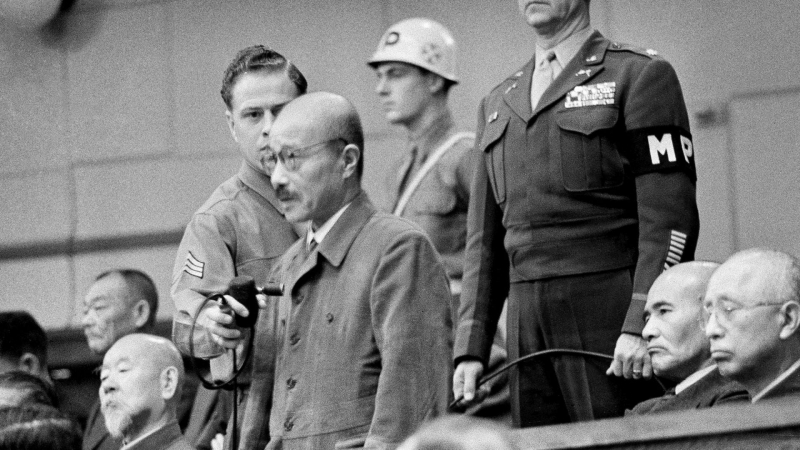
Photo: Hideki Tojo in court - firstpost 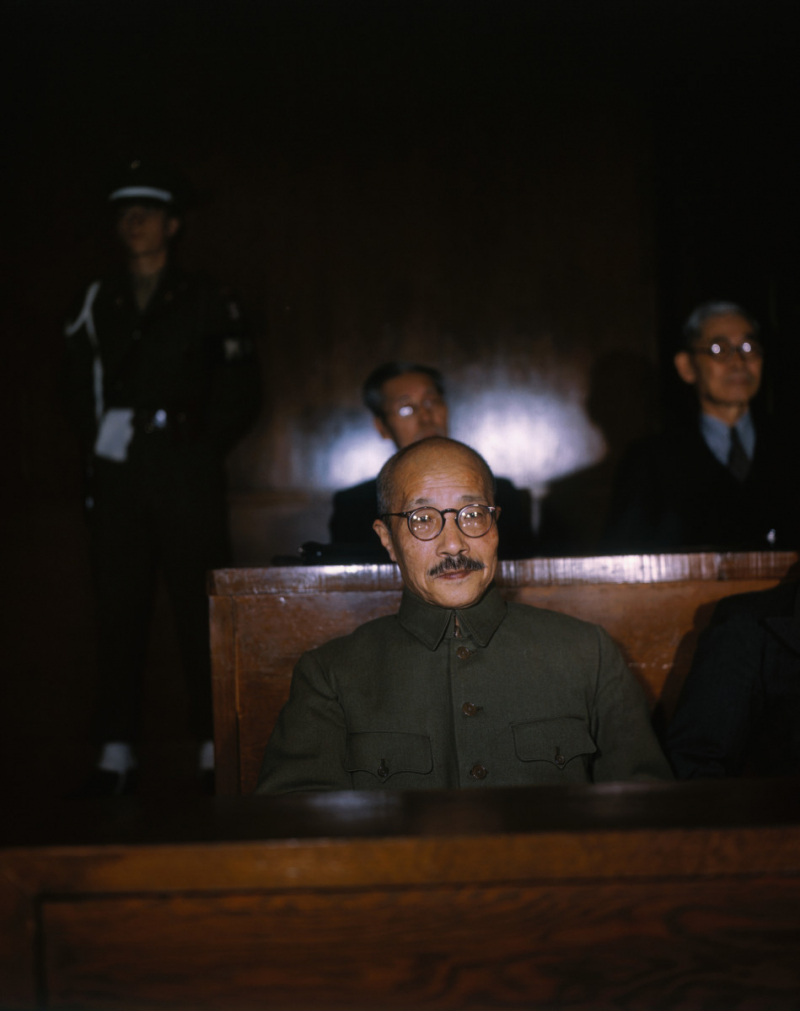
Photo: Hideki Tojo in court - history

























